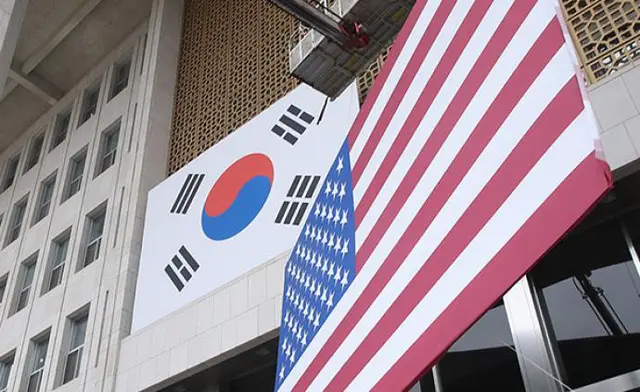Turkey's recent seizure of the Kurdish-held Afrin region in Syria has strengthened its position in the settlement of Syria's crisis, through not to the extent that it could go its own way, analysts said.
Ankara's message to the United States and Russia by the Afrin operation is that they cannot easily shape Syria's future without Turkish consent, said Celalettin Yavuz, a security and foreign policy analyst.
Turkish troops, backed by the Free Syrian Army rebel group, declared a "full control" of the Afrin region on March 24 following a two-month campaign against Kurdish militia known as the People's Protection Units (YPG), which is seen by Ankara as a terror group.
The capture of Afrin is strengthening Ankara's hand given that Turkey is already a legitimate player in Syria through the Astana peace process, said Huseyin Bagci, a professor of international relations with Ankara-based Middle East Technical University.
Turkey, Russia and Iran struck a deal last year in the Kazakh capital of Astana on peacemaking in Syria, launching a peace process in parallel with the peace talks in Geneva.
In a previous military operation completed a year ago, the Turkish army drove out the forces of Islamic State (IS) from an area on its border which lies between Afrin and the Euphrates River.
However, the analysts noted that Ankara's capacity in shaping the future of Syria, where the U.S. and Russia are the main players, has its limits.
Ankara must have dialogue with Damascus to have more sway over how Syria will be redesigned following the war, said Bagci.
It is still not clear how the Syrian crisis will be settled, Yavuz said, noting that neither the U.S.-led Geneva talks nor the Russia-led Astana peace process could offer much hope for a settlement for the moment as disagreements remain among parties.
The ruling Justice and Development Party in Turkey used to support the rebel groups fighting to topple the Syrian government and refuses until now to have any political contact with Syrian President Bashar al-Assad, whom it calls a terrorist.
The Turkish government insists that al-Assad should have no place in the future of Syria, taking side with the U.S. despite their differences on many issues.
"Turkey may push for al-Assad to go, but it is difficult to say it has the means to impose that," remarked Yavuz, who teaches at Istanbul Ayvansaray University.
Ankara would not, however, oppose an election to be held while al-Assad is in power if the YPG is left out of both the Geneva and Astana processes, he said.
The Kurdish militants have been excluded from the talks so far in both Geneva and Astana due to Ankara's pressure over Washington and Moscow.
Noting that Turkey has already managed to secure a modest seat at the negotiation table over Syria following its operation against the IS, Yavuz said Ankara's position has been strengthened by the Astana process and its role in the Syrian province of Idlib.
As part of the Astana deal, the Turkish military has established seven observation posts to monitor the ceasefire in Idlib, which is under the control of radical jihadist groups.
Ankara has repeatedly said that it would not allow terrorist entities to be based near its border in Syria, while Damascus has condemned the Turkish military presence on its soil as occupation.
"The seizure of Afrin sends a particularly strong message, considering it was one of the YPG's three self-declared cantons," said Yavuz.
The YPG has two other cantons on the eastern part of the Euphrates along the Turkish border.
The United States, which has angered Turkey by its military support to the YPG, has built 20 military bases in the YPG-controlled area, according to Ankara.
Turkey is concerned that a U.S.-backed Kurdish entity along its border may set a precedent for its own Kurdish population of nearly 20 million.
Remarks by top officials of Turkey's ruling party suggest that the Turkish government may be seeking to establish Sunni areas in northern Syria.
It is widely argued, however, that pushing for a Sunni zone, a move that could increase the risk of Syria's disintegration, would face the opposition of Russia and Iran, staunch supporters of Damascus.
Turkey would encounter no risks as long as it remains within the Astana deal, Bagci argued, saying Turkey's military presence allows it to arrange things in areas it captured only on a temporary basis as otherwise it risks being accused of occupation by the international community.
Turkey has stated its intention to resettle some of 3.5 million Syrian refugees on its soil and in areas under its control in Syria, while top government officials have repeatedly voiced Ankara's respect for Syrian territorial integrity.
(ASIA PACIFIC DAILY)
 简体中文
简体中文

